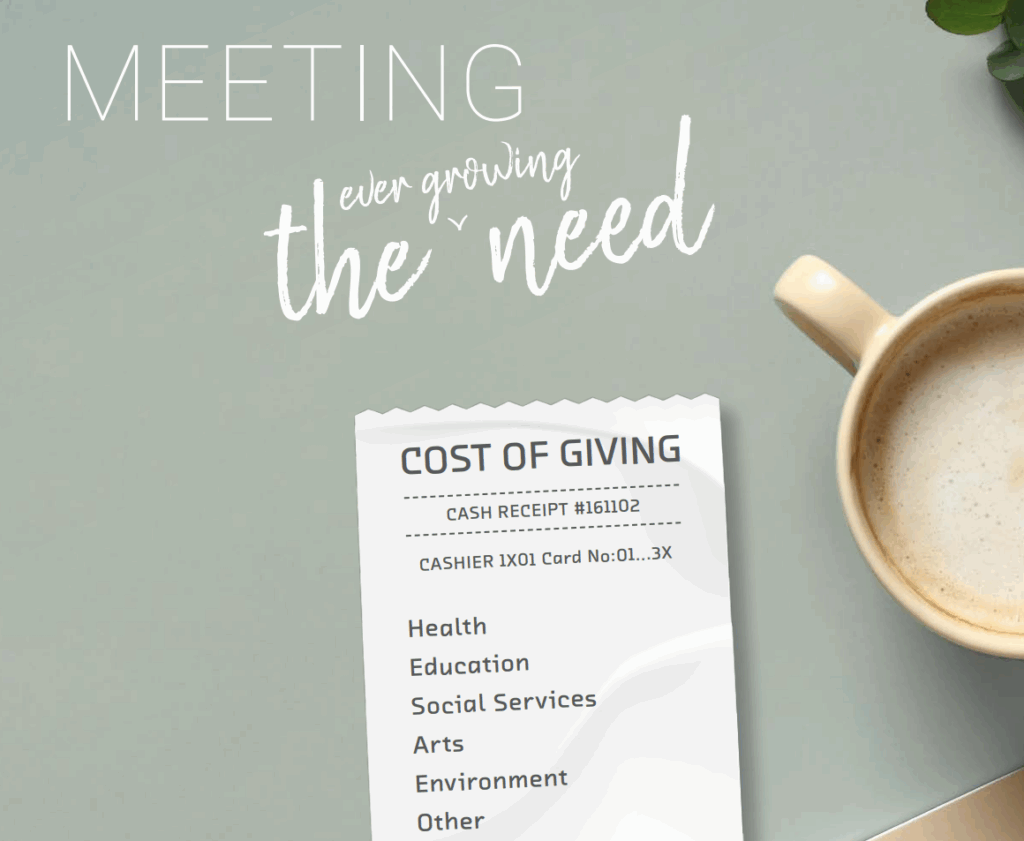Reporting requirements for Domestic Trusts
In December 2020, amendments were made to the Tax Administration Act 1994 (TAA) to establish minimum financial reporting standards for domestic trusts. These minimum standards are now contained in the act and the Tax Administration Order 2022. They cover financial statements starting 1 April 2021; however, the Tax Administration Order 2022 was not approved until March 2022, and Inland Revenue did not release its operating statement until April 2022. Everyone is playing catch-up.
Why
The Government introduced a new 39% tax bracket for income over $180,000 for the 2022 financial year. As the trust tax rate is a flat 33%, policymakers wanted to ensure the use of trusts did not circumvent the application of the new rate. They also wanted to better understand trusts and how they operate generally.
Who is caught and who is exempt?
Domestic trusts must now prepare financial statements in accordance with Inland Revenue minimum standards unless the Trust:
- Derives no assessable income, or the income is from bank interest and is less than $200 (passive trusts, such as house trusts)
- Is an inactive trust
- Is a foreign trust (has existing reporting requirement)
- Is a charitable trust (Charities Act reporting requirements apply)
- Is a Māori Authority
- Is a widely held superannuation fund
- Is an employee share scheme
- Is a lines company trust
- Is a bare trust (typically used by solicitors, accountants, and real estate companies)
- Estates in the executorship phase
If the above exemptions do not apply then the trust MUST complete financial statements following the new minimum standards.
What needs to be included in financial statements
- Double-entry accounts required
- Balance sheet
- Profit & loss
- Two years of financial information
- Accrual accounting principles must be used (not cash)
- A statement of accounting policies, including a basis for all valuations of investments and assets
- Tax note reconciling accounting profit to tax profit
- Beneficiary current accounts with opening, closing and line-by-line movements
- Beneficiary loans must show opening, closing and line-by-line movements
- Depreciation schedule with land and buildings shown separately
- Associated person transactions (unless minor and incidental) must be disclosed
- Additional information about the cost of timber (if in forestry)
- If farming, statements must include livestock reconciliations
What needs to be included with the taxation returns
In addition to the above, Inland Revenue has added three additional schedules that capture disclosures and must be included when filing the trust tax return. The information to be included in these schedules is:
- For all settlements
- Settlor(s) name(s)
- IRD/TIN number
- Date of birth of settlor(s)
- Tax residence
- Amount and nature of each settlement
For all distributions
- Beneficiaries’ names
- IRD/TIN number
- Tax residence
- Dates of birth of beneficiaries
- Amount of distribution
Appointer – person with the power to appoint and remove trustees/beneficiaries
- Name
- Date of birth
- Tax residence
- IRD/TIN number
Small trust exemptions – good or bad?
The good news is that there are exemptions for small trusts. The bad news is that the exemptions are in the preparation of financial statements rather than the numerous disclosures in the tax return. These exemptions appear to mainly be aimed at very small trusts where trustees prepare their own financial statements and therefore offer little relief for anyone preparing standard financial statements.
What does it mean for trustees?
The increased amount and nature of these requirements will result in increased compliance costs for trustees, particularly with smaller trusts which have previously produced very simplified financial statements.
These disclosures will shine more light on trusts and the transactions which flow between them and their respective settlors and beneficiaries.
Once this information is collected by Inland Revenue it will most likely be available for other countries’ tax agencies with which we have a double tax agreement.
The Government may use this information to consider further tax changes to trusts.
When these rules were enacted the Government also included a retrospective information gathering power which can allow the Commissioner to request the above trust information as far back as the 2014-15 income years. It is not stated; however, we assume this is to allow Inland Revenue auditors to request this information while conducting an audit.
What is Perpetual Guardian doing?
We have made changes to our financial statements to ensure they are compliant. We have reviewed all of our smaller trusts, and where the income is low enough we have applied to Inland Revenue to make them non-active, which exempts them from completing financial statements and tax returns using the new standards.
We are also identifying trusts where we are only holding PIE Investments that have a tax rate of 28%. As this income is deemed to be “excluded income” it does not have to be included in the tax return. If we have no income to include in the return we do not have to comply with the minimum standards.
We are currently having regular discussions with Inland Revenue to try to obtain further exemptions to minimise this increase in compliance costs while still achieving the objectives of the changes. We believe that in the future we will see changes, but in the interim we will are complying with the law as it stands.
Author: Michael Walker – Head of Client Accounting and Tax

Invested Capital Yielding Charitable Support for Communities in Time of Rising Need
Fourth Annual Philanthropy Report Indicates Strong Momentum from Structured Giving The fourth annual Engaged Philanthropy Report from leading philanthropic funds manager Perpetual Guardian tells two

The AI-Driven electricity surge and the challenges it presents
It is no secret that the rapid advancement of artificial intelligence is transforming the world in which we live and how we create. It is

How AI is remaking and remonetising ads, and who’s leading the race
Mad Men (2025 Version): How AI is Remaking and Remonetising Ads, and Who’s Leading the Race MAD MEN (2025 VERSION):HOW AI IS REMAKING AND REMONETISING



